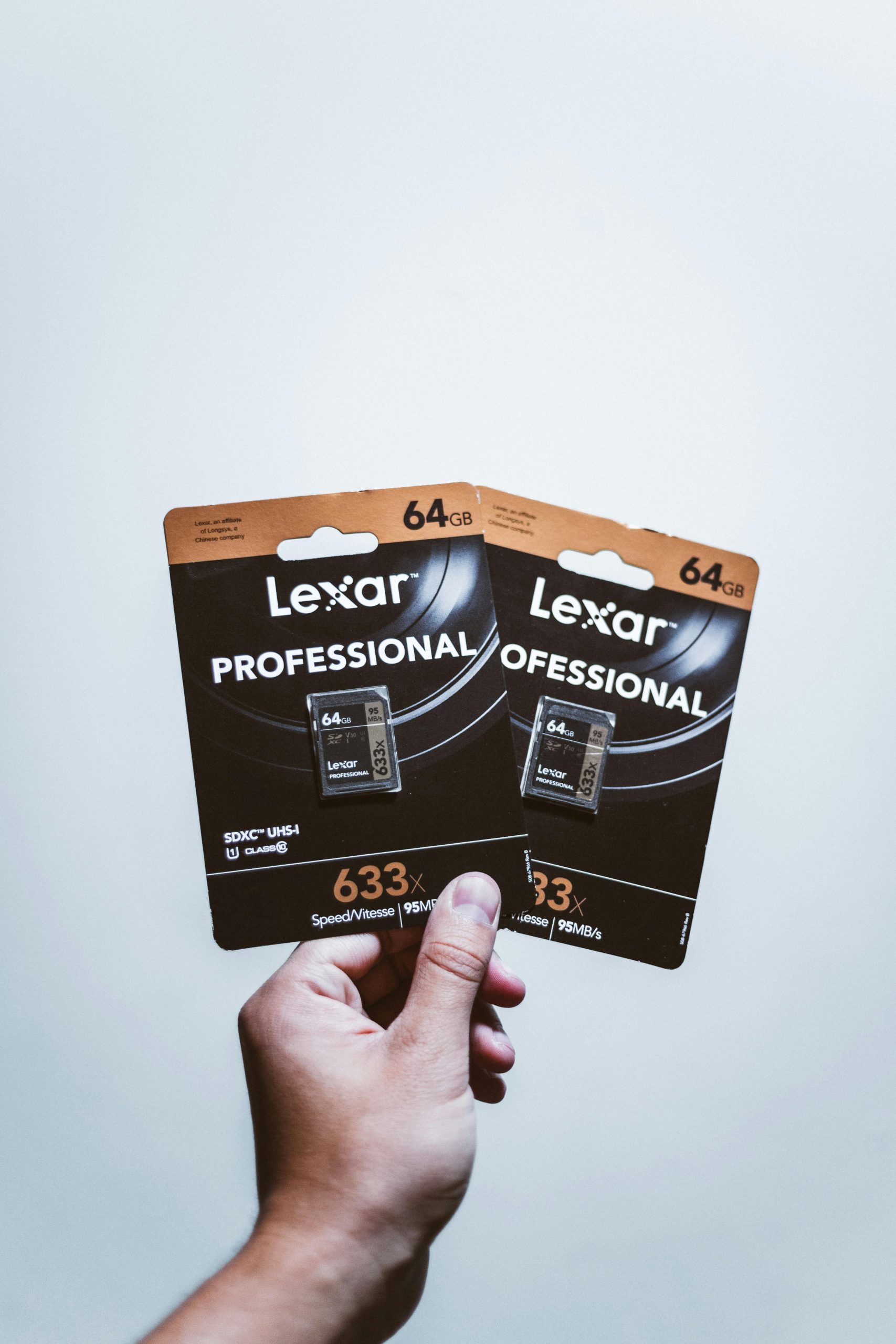Seeking Advice: Facing False Claims in Small Claims Court
Hello everyone, I’m reaching out for advice or insights from those who may have faced a similar situation. I am being taken to small claims court as a defendant because a woman is falsely accusing me of hitting her car.
This incident occurred nearly a year ago in a retail park car park while I was with my boyfriend. I was driving at a speed of around 10 mph and came to a junction, stopping to let a car coming from my right pass. While I was stationary, this woman parked in the middle of the road and began shouting at me. Confused, I rolled down my window to ask what she was saying. To my surprise, she got out of her car and accused me of hitting her vehicle. I firmly denied her claims, explaining that there was no way I could have hit her car—my vehicle has emergency braking and warning sensors, and there was no impact.
Despite our back-and-forth exchange, she insisted on taking my registration number. I calmly told her she could do so, and then I drove away. Although there was a bystander nearby, he didn’t intervene. I noticed that the woman worked in the retail park from her uniform.
If I had truly hit her car, I would have admitted it without hesitation. I am understandably frustrated at the situation. I would rather settle this with a few hundred pounds than go to court, but I refuse to pay for something I didn’t do.
In my five years of driving experience, I’ve never been involved in an accident or hit another vehicle. Regrettably, I didn’t take any pictures of her car or seek witnesses at the time, mistakenly believing the matter would resolve itself since I had done nothing wrong. However, a month later, I received a call from my insurance informing me that she had filed a claim against me. After a year of back-and-forth, a court date has finally been set, and I’ve submitted my witness statement. An assessor evaluated my car shortly after the claim was made and confirmed there was no damage.
I’m curious about what to expect next. My solicitor mentioned that my statement will be read in court, and I’ll be cross-examined, as well as the plaintiff. This whole experience has been incredibly stressful and feels like a constant weight on my shoulders. The injustice of the situation has left me feeling quite angry.
If she claims to have a witness, would my solicitor have informed me about it? I worry that since she works at the retail park, she might recruit a colleague to falsely support her claims.
How will the court reach a final decision? In a scenario where it’s her word against mine, what factors will influence the ruling?
And what are the implications if the court doesn’t believe my side of the story? Is it possible to escalate the matter further if the judgement is unfavorable?
Any advice or guidance would be greatly appreciated. Thank you!




I’m sorry to hear about your situation; that sounds incredibly stressful and frustrating. Here are a few things to consider as you prepare for your court date:
Document Everything: Make sure you gather any evidence you can. If you have any documentation related to the incident, such as communication with your insurance company, that could be useful. Also, try to remember and document any details about the day it happened, like the positions of the cars, the layout of the car park, and any other relevant circumstances.
Witnesses: If the woman claims to have a witness, it’s important to prepare for that. Your solicitor should have informed you if a witness statement was obtained. However, if she tries to introduce a new witness last minute, ask your solicitor what the protocol is for handling that. You can challenge the credibility of the witness if they come forward after such a long period.
Evidence of No Damage: Since an assessor evaluated your car and reported no damage, make sure that this report is part of your court submission. This can support your case that no impact occurred.
Court Decision: In small claims court, decisions are typically based on the evidence presented. The judge will consider both parties’ statements, and if there are any witnesses, their testimonies will be weighed as well. Key factors will include the credibility of the witnesses, any documentation provided, and any supporting evidence.
Possible Outcomes: If the court finds in her favor, you may have to pay damages as determined by the court. However, if you disagree with the judgment, you can discuss with your solicitor the options for appealing the decision, although this can be more complex and may require additional legal grounds.
Stress Management: It’s understandable to feel overwhelmed. Make sure you’re taking care of yourself during this process. Speaking to a support network or a professional about your stress can be very beneficial.
Communication with Your Solicitor: Keep open lines of communication with your solicitor. They are your best resource for understanding the specifics of your case and will help guide you through the process.
Ultimately, staying calm, organized, and prepared will be key. Best of luck with your court date; I hope that justice is served and that you’re able to put this behind you soon.